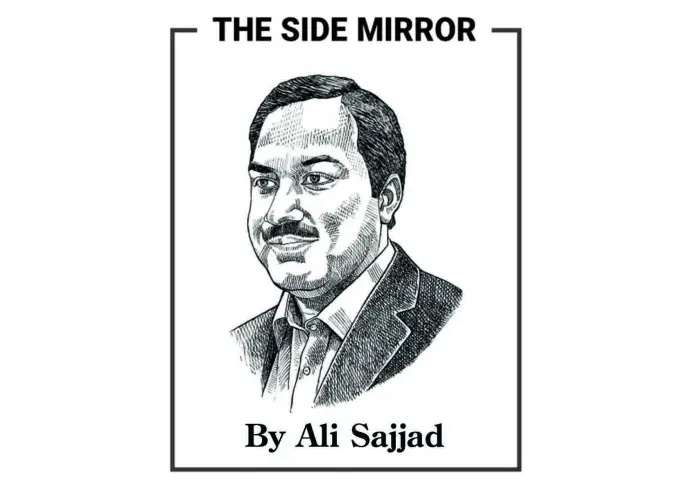We all experience every day a few or many hours away from the mobile phone, which means having no access to social media sites. That happens due to a variety of reasons: long drives, long meetings, dead batteries, and slow internet connections, among so many reasons. October 4, however, brought six continuous hours in the lives of billions of people around the world, including you and me, when social media users from developed and developing regions alike stood without access to addictive utilities – Facebook, WhatsApp, Instagram, Messenger, and Oculus. The five sites crashed, exposing the vulnerability of the technology.
With these social media sites inaccessible for hours, the users turned to other sites, such as Twitter, and Telegram, to come to know about the blackout of Facebook and its family of apps.
The Facebook management announced the bad news on Twitter, a business rival to Facebook at a certain point. It tweeted, “We’re aware that some people are having trouble accessing our apps and products. We’re working to get things back to normal as quickly as possible, and we apologize for any inconvenience.”
To the huge community of people and businesses around the world who depend on us: we’re sorry. We’ve been working hard to restore access to our apps and services and are happy to report they are coming back online now. Thank you for bearing with us.
Have you noticed in the very first sentence of the tweet, it says “We’re aware that some people…”?
How cruel on the part of Mark Zuckerberg’s communication team, which says that “some people” are having trouble accessing their products. Without going much into the number fuss, we all know that the six-hour collapse of the apps cost the company $6 billion – that is a good $1 billion per hour.
What did this six-hour shutdown cost me?
Not much, if I have to count my loss in terms of cash. Maybe Rs50 or 60. I had to make calls using my SIM number to reach a few dear friends and family members. Among the callers included a friend who communicates with me on social, political, and journalistic issues every day. On average, we exchange 50 to 200 messages. During the infamous six hours of October 4, I received a call from that dear friend and chatted for a few minutes, mostly on our dependence on social media.
“What if someday, this mobile phone falls silent, what will we be left with?”, he posed a very serious question.
The void would be filled with in-person meetings, sir, he retorted.
That is not a bad option.
The next day I woke up to the flurry of messages on my WhatsApp where my friends and strangers all were expressing their utter bewilderment on their dependence on social media and times before the era of social media.
I still feel the warm greetings that I exchanged with friends and family members in a few calls received and made during these six hours.
Let’s go back to the pre-social media era occasionally to reclaim the dying warmth of calls and face on face meetings.







